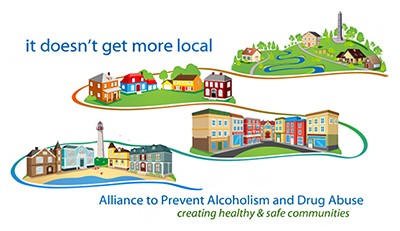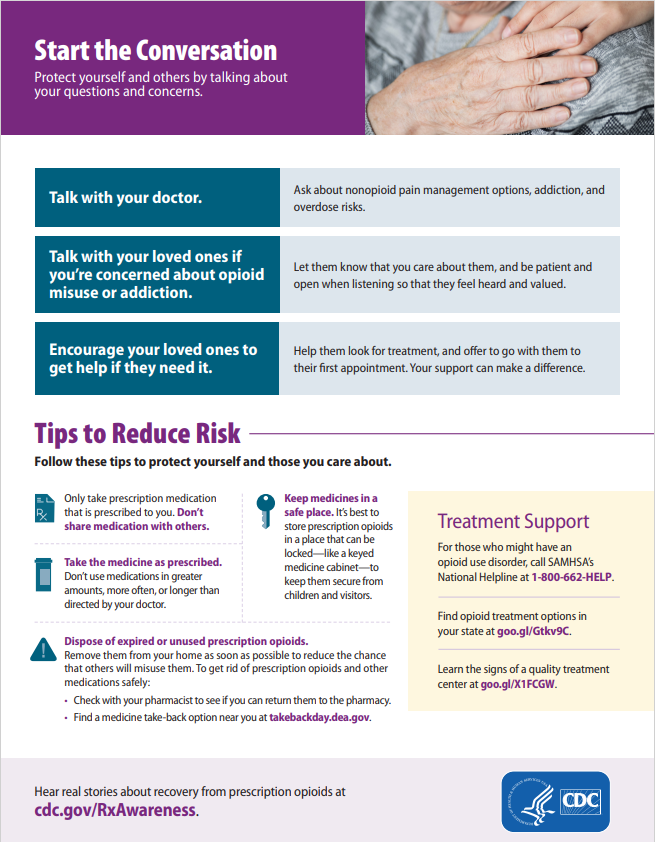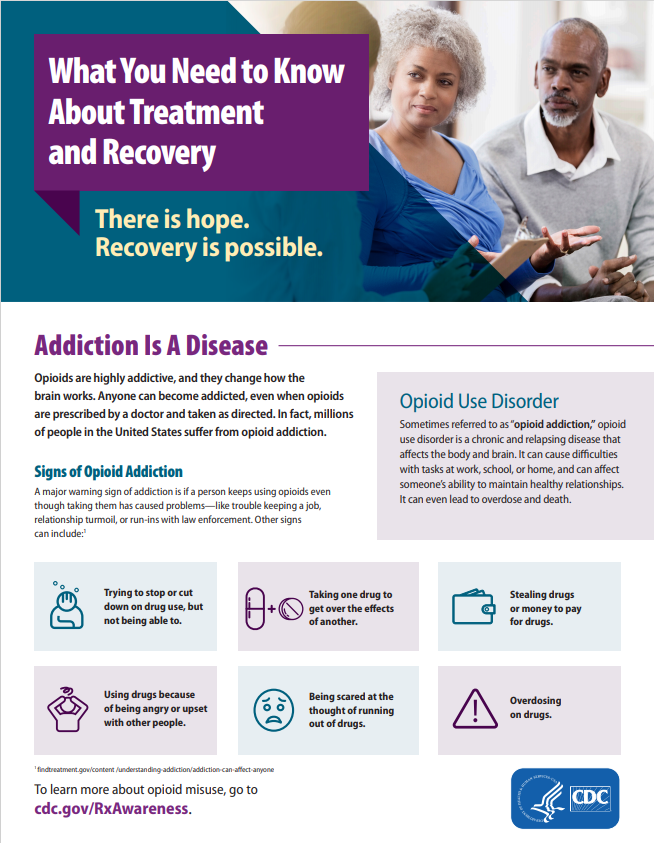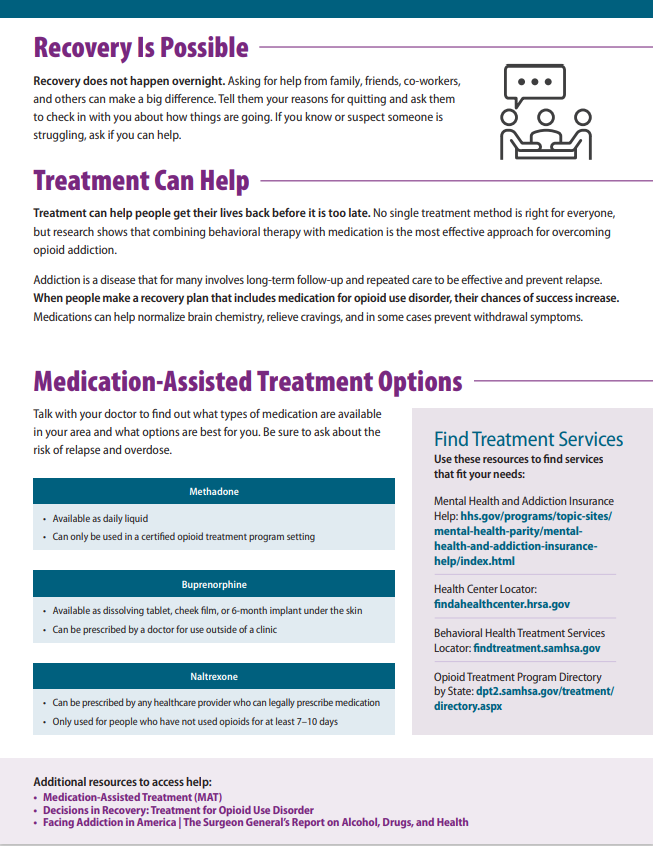Municipal Drug and Alcohol Alliance
Mission Statement
The Mission of the Plumsted Alliance is to promote the health and wellbeing of the residents of Plumsted Township through the reduction or elimination of alcohol, tobacco, and other drug use. The Alliance will achieve this through an ongoing process of community involvement, collaborations, education, public awareness activities, sharing of resources and delivery of quality programs.
About:
The Municipal Alliance Program is administered through the Governors Council on Alcoholism and Drug Abuse under the Department of the Treasury. Our Alliance functions through Alcohol and Drug Services at the Ocean County Health Department.
Municipal Alliances are established by municipal ordinance and engage residents, local government and law enforcement officials, schools, nonprofit organizations, the faith community, parents, youth, and other allies in efforts to prevent alcoholism and drug abuse in communities throughout New Jersey.
The Council receives funding to administer the program from the Drug Enforcement Demand Reduction Fund (DEDR) established to collect fines from individuals who are assessed such when convicted of a drug offense. County and Municipal Alliance award recipients are required to match the Council grants with a cash-match of 25% of the award and 75% in-kind-services. This matching requirement is unique in the country and has the effect of doubling the impact of the Council grants to total nearly $20 million per year in programs and activities.
County grant awards fund municipal Alliances, which plan for and develop evidenced-based and community level prevention strategies, to target substance abuse in their communities.
To contact us via email, click here=> Municipal Drug & Alcohol Alliance

https://www.facebook.com/NACoAUSA
Information Regarding Opioids


What Are the Signs of Having a Problem With Drugs?
From the National Institute on Drug Abuse

- Hanging out with different friends than usual.
- Not caring about their appearance.
- Getting lower grades in school.
- Missing classes or skipping school.
- Losing interest in their favorite activities.
- Getting in trouble in school or with the law.
- Having different eating or sleeping habits.
- Having more problems with family members and friends.



